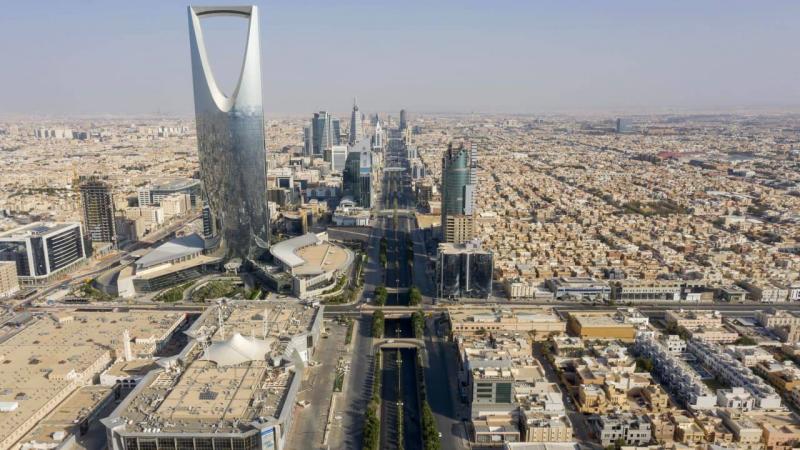Officials from around 40 countries, including the United States, China, and India, held talks in Saudi Arabia on Saturday, which Kyiv and its allies hope will lead to an agreement on fundamental principles for peacefully ending the Russian war in Ukraine. The two-day meeting is part of Ukraine's diplomatic push to garner support beyond its core Western backers by engaging with countries in the Global South that remain hesitant about their stance on a conflict that has harmed the global economy.
Ukrainian President Volodymyr Zelensky emphasized the importance of bilateral talks on the sidelines of the Jeddah meeting. Zelensky hopes to reach an agreement regarding principles he seeks to establish at a global summit next fall. On Saturday, Zelensky acknowledged the existence of disagreements among the countries participating in the Jeddah talks, but he stated that the international rules-based order must be restored. He added, “Different decisions and different political approaches to international affairs. But the priority of international law unites everyone."
Russia was absent from the talks; however, the Kremlin indicated it would monitor the proceedings. Ukrainian, Russian, and international officials state that there is currently no possibility for direct peace talks between Kyiv and Moscow, as the war continues to rage. An EU official mentioned that the meeting's participants would not issue a joint statement at the conclusion of their talks, but the Saudis would present a plan involving further discussions, including the formation of working groups to address issues such as global food security, nuclear safety, and the release of prisoners.
The official described the talks as positive and noted that there is “an agreement that respecting Ukraine's territorial integrity and sovereignty must be at the heart of any peaceful settlement.” Western diplomats indicated that Saudi Arabia, the world's largest oil exporter, which has maintained contact with both sides since Russia's invasion of Ukraine in February 2022, played a role in convening meetings with countries that did not participate in previous discussions.
China, which did not attend a previous round of talks in Copenhagen, announced on Saturday that it would send its special envoy for Eurasian affairs, Li Hui, to participate in the talks. China has maintained close economic and diplomatic relations with Russia since the beginning of the conflict and has rejected calls to condemn Moscow. Li Hui stated, "We have many points of disagreement and we have been informed of different positions, but it is important to share our principles."
The Indian embassy in Riyadh stated via social media on Saturday that Indian National Security Adviser Ajit Doval arrived in Jeddah for the talks. Similar to China, India has maintained close ties with Russia and has not condemned it for the war, increasing its imports of Russian oil. South Africa also sent Presidential Advisor for Security Sydney Mufamadi to the discussions, while Celso Amorim, Chief Advisor for Foreign Policy to the Brazilian President, will join the meetings via video call. Both countries are members of the BRICS group, which also includes Russia, China, and India.
### Saudi Diplomacy
Analysts and Western officials noted that Saudi diplomacy played a significant role in securing China's participation in the talks. Under the leadership of Crown Prince Mohammed bin Salman, Saudi Arabia seeks to play a larger role on the global stage and has pushed to expand relations with major powers beyond the traditional focus on its relationship with the United States. Riyadh has cooperated with Moscow in recent years regarding oil market policies and, along with Turkey, facilitated a prisoner exchange between Ukraine and Russia last year.




